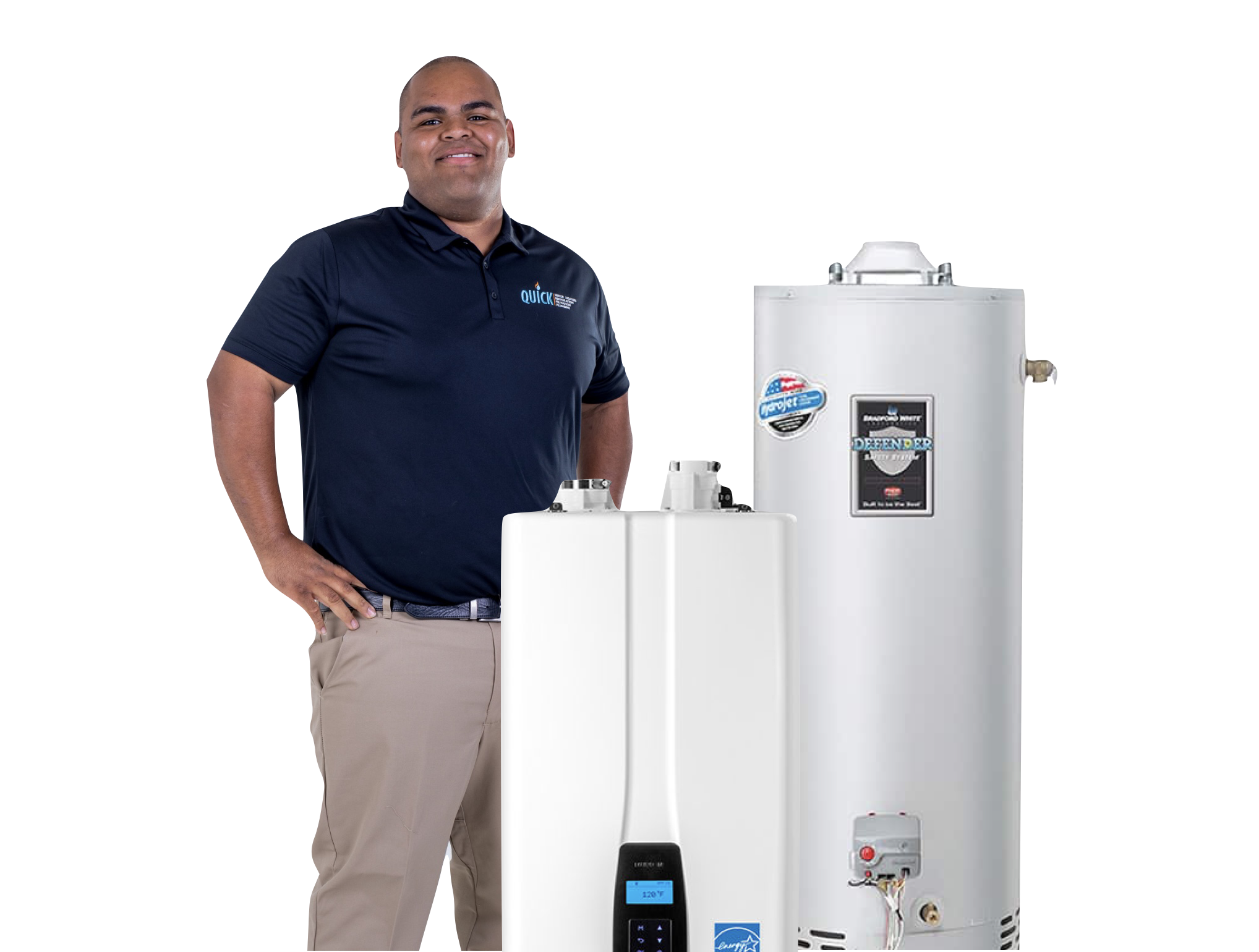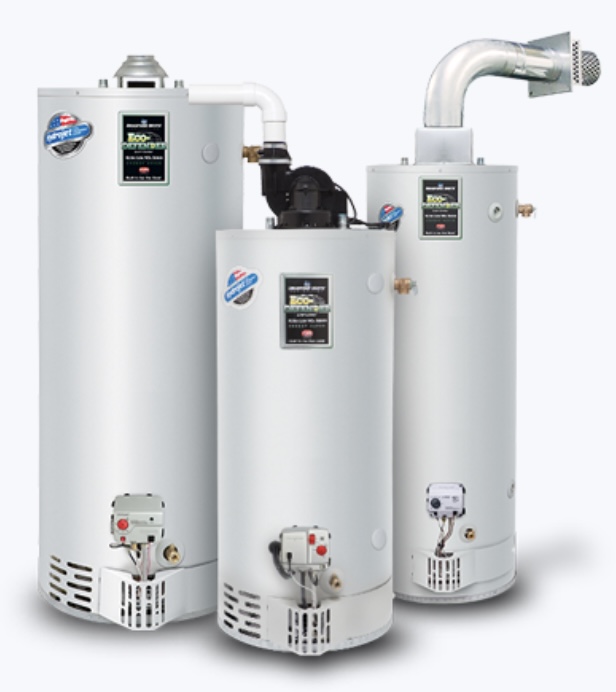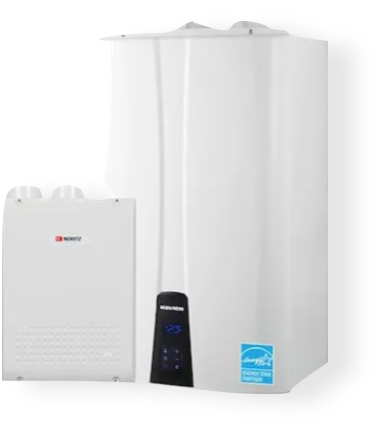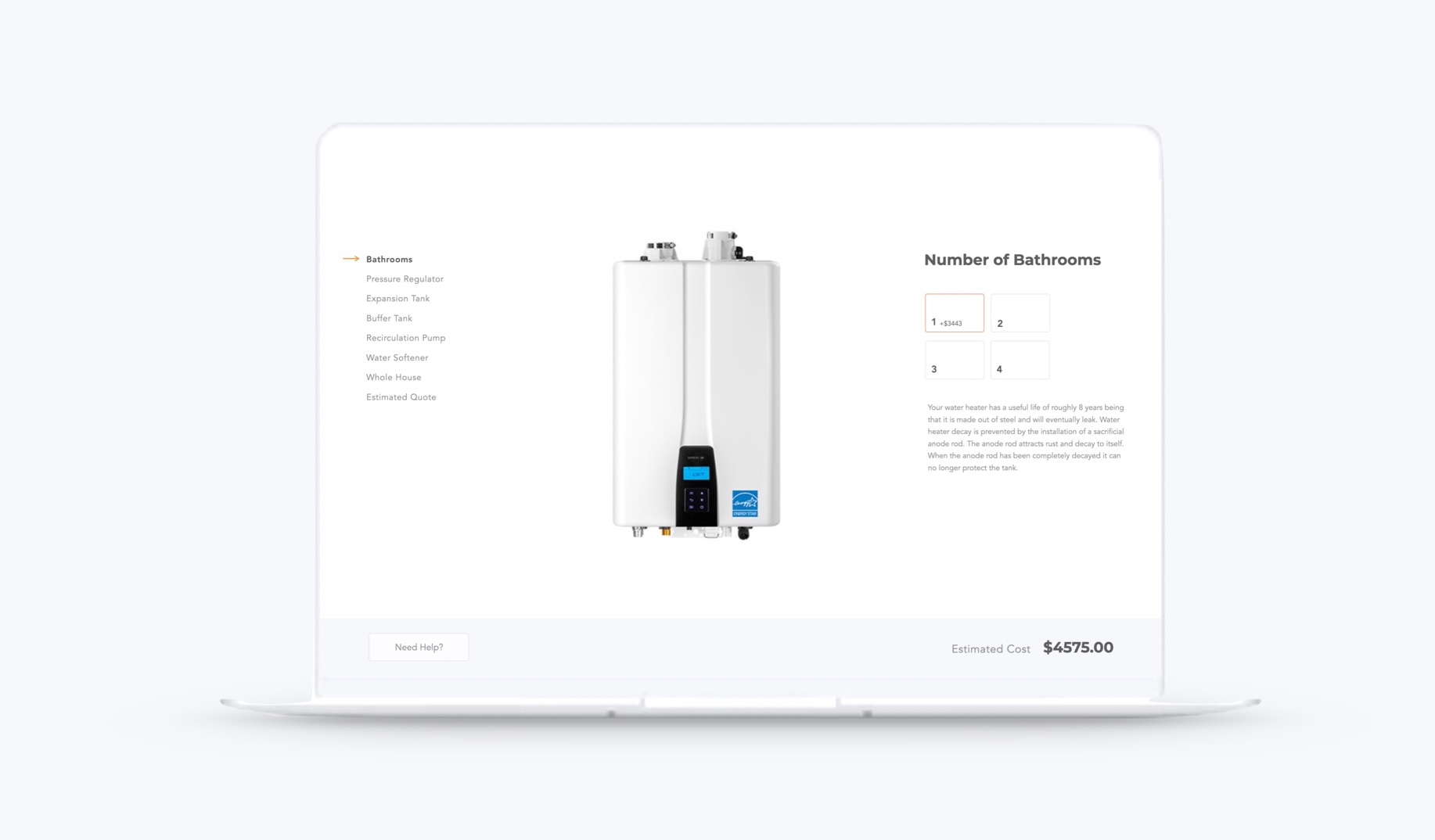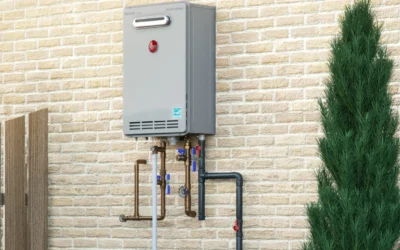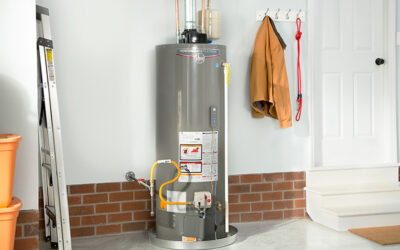When it comes to water heaters, one common question that arises is whether they can be repaired. Many homeowners wonder if it is possible to fix a damaged water heater or if they should consider replacing it altogether. Understanding the options for water heater repair and replacement is essential in making an informed decision. This overview will provide insights into the factors to consider when deciding between repair and replacement, the cost comparison between the two options, and frequently asked questions regarding water heater repair and replacement.
Understanding Water Heater Repair and Replacement
Understanding water heater repair and replacement involves gaining knowledge about the process and determining whether repair or replacement is the best course of action for a damaged water heater.
Is Water Heater Repair Possible?
Water heater repair is possible and can be an effective solution for addressing issues with your water heater.
When Should You Consider Water Heater Replacement?
Consider water heater replacement when your current water heater is beyond repair or if it is more cost-effective to replace it rather than constantly repairing it.
Steps to Repair or Replace a Hot Water Heater
When it comes to repairing or replacing a hot water heater, there are several steps that need to be followed:
- Step 1: Assessing Water Heater Damage – The first step is to assess the extent of the damage to the water heater. This involves checking for leaks, examining the heating elements, and inspecting the overall condition of the unit.
- Step 2: Repairing a Damaged Water Heater – If the water heater can be repaired, the next step is to perform the necessary repairs. This may involve fixing leaks, replacing faulty parts, or repairing the heating elements.
- Step 3: Replacing a Faulty Water Heater – In cases where the water heater is beyond repair or the cost of repairs outweighs the cost of replacement, it may be necessary to replace the entire unit. This step involves selecting a new water heater and ensuring proper installation.
By following these steps, individuals can effectively address issues with their hot water heater and determine whether repair or replacement is the best course of action.
Assessing Water Heater Damage
When it comes to assessing water heater damage, it is important to carefully inspect the unit for any signs of malfunction or wear and tear. Begin by checking the exterior of the water heater for any leaks or visible damage. Next, examine the heating elements and thermostats to ensure they are functioning properly. Additionally, inspect the water tank for any signs of corrosion or rust. It is also important to assess the performance of the water heater, such as the temperature and pressure of the hot water it produces. By thoroughly assessing the water heater damage, you can determine the extent of the problem and decide whether repair or replacement is necessary.
Repairing a Damaged Water Heater
When it comes to repairing a damaged water heater, there are several steps you can take to address the issue. Firstly, you need to assess the extent of the damage and identify the specific components that require repair. This may involve inspecting the heating elements, thermostat, or pressure relief valve. Once you have identified the problem, you can proceed with the necessary repairs. This may include replacing faulty parts, fixing leaks, or addressing electrical issues. It is crucial to follow manufacturer instructions and safety guidelines throughout the repair process. If you are unsure or uncomfortable with repairing the water heater yourself, it is advisable to seek professional assistance to ensure the job is done correctly and safely.
Replacing a Faulty Water Heater
When it comes to a faulty water heater, sometimes repair may not be the best option. In such cases, replacing the water heater becomes necessary. Replacing a faulty water heater involves a series of steps to ensure a smooth and efficient installation. Here are the steps to follow:
- 1. Turn off the power and water supply: Before replacing the faulty water heater, make sure to turn off the power supply by switching off the circuit breaker. Additionally, shut off the water supply valve to prevent any water leakage.
- 2. Drain the water heater: Connect a garden hose to the drain valve of the water heater and direct the other end to a suitable drainage area. Open the drain valve to allow the water to flow out of the water heater. Ensure all the water is drained before proceeding.
- 3. Disconnect the plumbing connections: Use a wrench or pliers to disconnect the plumbing connections from the water heater. This includes disconnecting the hot and cold water supply lines, as well as any other connections such as the pressure relief valve or gas line.
- 4. Remove the old water heater: Carefully remove the old water heater from its location. It may require some assistance due to its weight and size. Properly dispose of the old water heater following local regulations.
- 5. Install the new water heater: Position the new water heater in the designated location. Connect the plumbing connections, ensuring they are tight and secure. Follow the manufacturer’s instructions for proper installation.
- 6. Turn on the water supply and power: Once the new water heater is securely connected, turn on the water supply valve and check for any leaks. Restore the power supply by switching on the circuit breaker. Allow the water heater to fill up and heat the water before using.
By following these steps, you can successfully replace a faulty water heater and ensure a reliable source of hot water in your home.
Choosing Between Water Heater Repair and Replacement
When faced with the decision of whether to repair or replace a water heater, there are various factors that need to be considered, including the extent of the damage, the age of the water heater, and the cost comparison between repair and replacement options.
Factors to Consider When Deciding
When deciding whether to repair or replace a water heater, there are several factors to consider. Firstly, you need to assess the extent of the damage to the water heater. If the damage is minor and can be easily repaired, it may be more cost-effective to opt for repairs. However, if the damage is extensive or if the water heater is old and nearing the end of its lifespan, it may be more practical to replace it altogether. Another factor to consider is the energy efficiency of the existing water heater. Older models tend to be less energy efficient, so replacing it with a newer, more efficient model could result in long-term savings on energy bills. Additionally, you should also think about your budget and the cost of repairs versus the cost of a new water heater. Comparing the cost of repair to the cost of replacement can help you make an informed decision. Ultimately, the choice between repair and replacement will depend on the specific circumstances and needs of your situation.
Cost Comparison: Repair vs. Replacement
When considering whether to repair or replace a water heater, it is important to evaluate the cost comparison between the two options. Repairing a water heater can be a more budget-friendly choice, especially if the issue is minor and can be easily fixed. On the other hand, if the water heater is old, inefficient, or experiencing multiple problems, it may be more cost-effective to opt for a replacement. The cost of repairing a water heater generally depends on the specific issue and the necessary parts or components. On average, the cost of repairing a water heater can range from $150 to $500. However, if the repair costs exceed 50% of the price of a new water heater, it is usually recommended to consider a replacement instead.
FAQs about Water Heater Repair and Replacement
When it comes to water heater repair and replacement, it is common to have several questions. In this section, we will address some frequently asked questions (FAQs) that homeowners often have. These questions range from the duration of the repair process to whether it is possible to repair a water heater independently. Additionally, we will explore the cost of water heater repair and when it might be more practical to replace the unit instead. Lastly, we will discuss whether water heater repair is typically covered by insurance. By providing answers to these FAQs, we aim to assist homeowners in making informed decisions regarding their water heater maintenance and repair needs.
1. How long does it take to repair a water heater?
Repairing a water heater typically takes a few hours to a day, depending on the extent of the damage and the complexity of the repair.
2. Can I repair a water heater myself?
Yes, it is possible for homeowners to repair a water heater themselves.
3. How much does water heater repair cost?
Water heater repair costs can vary depending on the extent of the damage and the specific repairs needed.
4. When should I replace my water heater instead of repairing it?
When deciding whether to replace or repair a water heater, it is important to consider factors such as the age of the heater, the extent of the damage, and the cost of repairs versus the cost of a new unit.
5. Is water heater repair covered by insurance?
Water heater repair coverage by insurance depends on the specific policy and the cause of the damage, so it is important to review your insurance policy and consult with your insurance provider.


